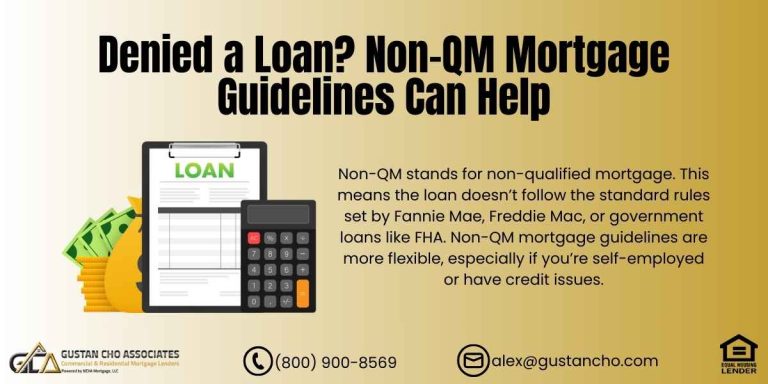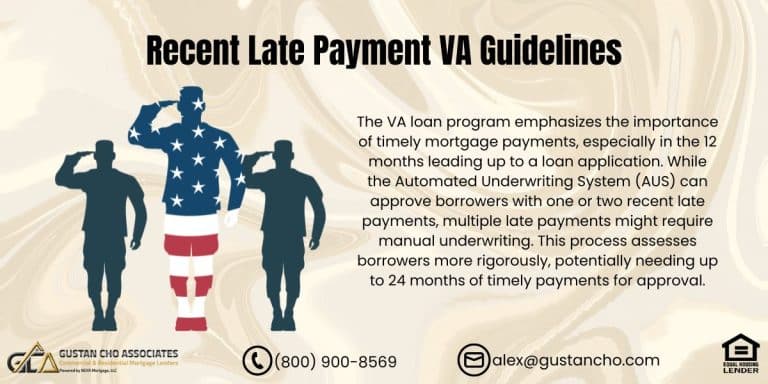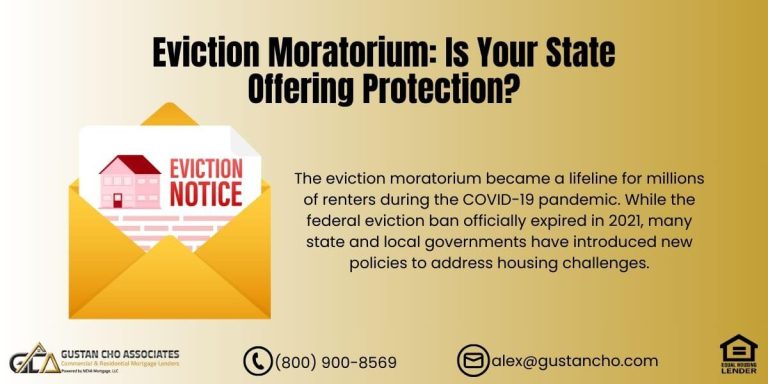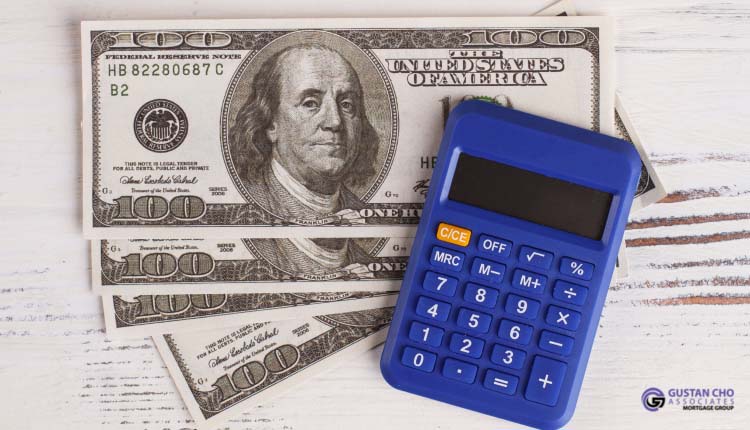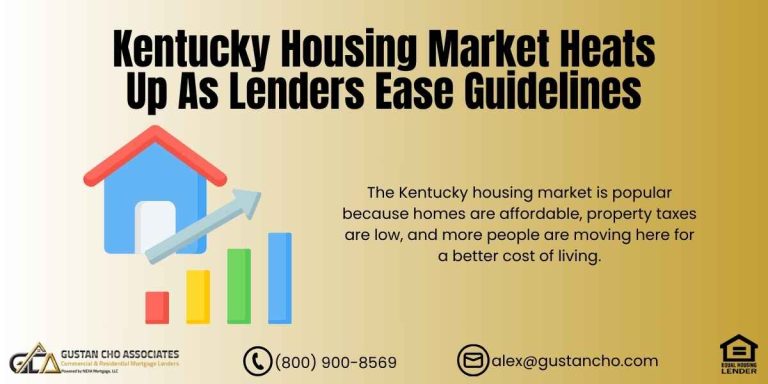This guide covers smart ways to pay off your debt. The obsession people have with living “the good life” creates problems. It tends to give people cause to go into debt. The truth is far too many people have become overly-reliant on credit cards to navigate their day-to-day lives. Dale Elenteny, a senior mortgage loan originator at Gustan Cho Associates says the following about smart ways to pay off your debt:
Using credit cards and not paying them off at the end of the month is never a good thing because credit card debt acts as an anchor on a person’s/family’s quality of life. Most credit cards have interest rates higher than 30.0% APR.
Living in debt doesn’t have to be a way of life. Depending on the individual’s personal circumstances, there are always ways to get out of debt. It might take time, a lot of work and creative thinking, but there are ways. With that in mind, the information below is intended to offer up a few suggestions as to smart ways to pay off debt or at least make debt much less of an issue. In the following paragraphs, we will cover smart ways to pay off your debt.
Smart Ways to Pay Off Your Debt and Qualify for a Mortgage in 2025
Learn practical steps to pay off debt and improve your mortgage approval odds in 2025, even if you don’t have perfect credit.
Pay Off Debt the Smart Way—Not the Hard Way
Use proven strategies to lower your balances faster and boost your credit score.Why Paying Off Your Debt Matters When Buying a Home
Thinking of buying a house but feel stuck because of your debt? You’re in good company, and there’s a path forward. First-time homebuyers often overlook how debt affects mortgage applications. Credit card balances, student loans, car loans, and personal loans all weigh in on two big numbers: your credit score and your debt-to-income ratio (DTI). Lenders pay close attention to both of these.
Here’s the encouraging part:
- You don’t have to wipe out every dollar of debt to get a mortgage.
- However, you do need a smart plan to manage it. In this post, we’ll share clear, easy-to-follow steps to help you reduce debt and improve your chances of mortgage approval, even if you aren’t debt-free and your credit is still a work in progress.
Smart Ways to Pay Off Your Debt So It Does Not Affect Your Mortgage Approval
Before paying off debt, you should understand how lenders look at your financial picture.
- Debt-to-Income Ratio (DTI): This number shows what part of your monthly pay goes to debt.
- Most lenders want your DTI to stay below 43%, though FHA, VA, and non-QM loans might allow a little more.
- Credit Score: Your score is a snapshot of how you’ve handled credit in the past.
- High credit card balances can lower your score.
- Monthly Obligations: Lenders will add up your monthly bills, including car loans, credit cards, and student loans, to see how much house you can afford.
- When you shrink your debt, you boost your chances of getting approved and open the door to a larger home loan.
Begin with a Debt Report: List What You Owe
Log in to your credit report and write down all your debts:
- Total balances.
- Minimum monthly payments.
- Interest rates.
This list helps you decide which debts to tackle first, especially the ones that will hit your DTI or your credit score the hardest.
- Quick Tip: You can download a free credit report once a year from each of the three major bureaus at [AnnualCreditReport.com.com](https://www.annualcreditreport.com).
Tackle Debts That Mess with Your Mortgage Approval First
When you apply for a mortgage, lenders will look at your debts, but not all debts count the same. What you should pay off now:
- High-balance credit cards: Big balances drag down your credit score and debt-to-income ratio (DTI).
- Installment loans with big monthly payments: Even if the balance is low, a high monthly payment will still spike your DTI.
- Co-signed loans: If you signed for someone else, the lender counts it.
- To exclude it, you need 12 months of proof that the other person has been paying without your help.
- Your target: Start with debts with high interest and monthly payments.
Use the Avalanche or Snowball Approach to Clear Debt
Choose a payoff plan you can stick with:
- Avalanche Plan: Attack the debt with the highest interest rate first, paying only the minimum on all other debts.
- You’ll save the most on interest over time.
- Snowball Plan: Start with the smallest balance.
- Once it’s paid off, move to the next smallest. Quick wins keep you motivated.
- No matter which road you take, keep at it.
- Lenders prefer to see steady, on-time progress month after month.
Don’t Buy Big Things Before You Get the Mortgage
This is super important. Skip any big new loans while you’re getting ready for a mortgage. No new credit cards, no car loans, and no personal loans. Here’s why:
- Your debt-to-income (DTI) ratio goes up.
- Your credit score takes a hit.
- Your pre-approval might get slowed down or even denied.
- Quick Reminder: Even looking for new credit can cause a hard inquiry, which can lower your score slightly.
Grow Your Paychecks to Lower Your DTI
More money coming in means a better DTI. Try these ideas:
- Pick up part-time work (drive for a ride-app, freelance, or tutor).
- Ask your boss for a raise or extra shifts.
- Monetize your hobbies (sell crafts online, walk dogs, etc.).
- Handy Tip: Some lenders will let you use part-time or side income if you’ve had it for two years or more.
Think About a Debt Consolidation Loan (But Do Your Homework)
Consolidation can make your debt easier to manage and sometimes costs less in interest. However, it’s not a miracle cure.
Upside:
- Only one payment to track.
- Monthly costs can shrink.
- Interest rates can drop.
Downside:
- Total debt may grow.
- Credit scores may dip for a while.
- Your debt-to-income ratio (DTI) might still be too high for a mortgage.
Check with mortgage pros first. Using extra cash to wipe out small debts may be smarter.
Take Control of Your Debt With a Smarter Plan
Stop the cycle of minimum payments. Learn how to eliminate debt with simple, effective steps.Smart Ways to Pay Off Your Debt: Put Windfall Cash to Work – Tax Refunds, Bonuses, and Gifts
Big checks can feel like a payday party, but if a house is on your mind:
- Direct that tax refund, yearly bonus, or gift cash to high-interest or large debts.
- This choice can quickly improve your DTI and get you closer to mortgage approval.
Keep Paid-Off Accounts Open
When the balance hits zero, the urge to cancel is strong, but hold that thought:
- Closing a card cuts your total available credit, hurting your credit ratio.
- It also shrinks your average credit history, which may lower your score.
- Leave the account open and unused, or use it just a little and pay it off every month.
Keep the Lines Open With Your Lender
Once you start your mortgage application, stay in touch with your loan officer before making big money moves. They can:
- Tell you which debts you should pay off first.
- Update loan scenarios with your new account balances.
- Help you find ways to qualify even sooner.
At Gustan Cho Associates, we help borrowers in every credit situation—even if you’ve been told “no” before.
Don’t Hold Out for “Perfect” to Get Started
You don’t need flawless credit or a zero-balance card to buy a home.
FHA, VA, USDA, and Non-QM loans make it easier for folks with:
- Lower credit scores.
- Higher debt-to-income ratios.
- Past bankruptcies or late payments.
The trick is to take smart steps today—like paying down debts—and partner with a lender who is ready to help you through every step.
Smart Ways to Pay Off Your Debt and Still Buy a Home
Getting rid of debt to qualify for a mortgage doesn’t have to be a long, painful journey. You won’t have to zero out every credit card. Instead, focus on what each debt does to your chances of approval, and have a plan.
With these simple moves, you can lower your debt-to-income ratio, lift your credit score, and increase your buying power—no need to wait years until every balance is gone.
Living Within One’s Means
If someone is having financial difficulties, it likely has to do with their inability to balance their standard of living with the income they have to support it. Alex Carlucci, a senior mortgage loan originator says the following about smart ways to pay off your debts:
If someone is truly motivated to clean up their debt issues, they might not have to look any further than how they choose to live. In order to pay down accumulated debt, it’s incumbent on the individual to create extra resources.
They can accomplish that by adjusting their standard of living downwards or by earning extra income to justify the current standard of living. A little adjustment in rent, car payments, and weekly entertainment can do wonders to create extra cash. Otherwise, a part-time never hurt anyone.
Ready to Be Debt-Free? Start With These Smart Moves
From budgeting to consolidating, we’ll help you choose the right path toward financial freedom.Smart Ways to Pay Off Your Debt: Accelerating Credit Card Payments
People with real debt issues are usually proud owners of more than one credit card. They have likely fallen into the trap of securing more credits with the idea of paying off existing cards with a balance transfer option. That seems reasonable, but what usually happens is they never quite follow through with the original plan. John Strange, a senior mortgage loan officer at Gustan Cho Associates says the following about smart ways to pay off your debt:
Consumers using credit cards and not paying the balance off every month will run into long term debt. Those consumers simply spend more using new credit cards. It doesn’t take long for the debt amount and number of payments to increase to dangerous levels.
If credit cards are a big part of a person’s debt stress, there are a couple of different credit card payment strategies that might help eliminate credit card debt sooner rather than later. The two strategies that come to mind are the “avalanche” method and the “snowball” method. Let’s discuss this.
Smart Ways to Pay Off Your Debt: Avalanche Method
Some experts call this the top-down method. The process starts with the debtor making minimum payments on all credit cards to keep them in good standing. They don’t want to be affecting their credit score any more than necessary. For the most part, a prospective borrower needs to have a credit score in the fair to good range. They also need a reliable source of income and in some cases, they need to provide some kind of collateral.
The collateral request will be made if the prospective lender feels it’s necessary to mitigate risk. Once the loan is approved, the credit card/personal debt is paid off and the remaining payment goes to the new lender.
After allocating money for minimum payments, the individual would make an extra principal payment to the card with the highest interest rate. They would continue this process until that credit card is paid off. Then, they would take the total amount that was being paid to the now paid credit card and start making an extra payment in that amount on the card with the next largest interest rate. The process would be repeated until all cards are paid off and hopefully closed.
Smart Ways to Pay Off Your Debt: Snowball Method
If the avalanche method works top-down, this is more of a bottom-up option. Using the same premise that the debtor is going to make all the minimum payments and then make an extra principal payment, the extra payment would be made towards the credit card with the lowest balance.
Again, as an additional amount is freed up after a credit card is paid, that the total amount would then be applied to the next card in line. The process continues until all cards are paid.
The appeal of this method is that it creates a sense of progress as each successive card is paid off. It also works to lower the number of checks the debtor has to issue each month.
The Debt Consolidation Option

While the prior options seek to eliminate debt as fast as possible, the debt consolidation option focuses elsewhere. It is more directed towards relieving the stress someone experiences when they have both too much debt and too many payments. There seems to be a reluctance among debtors to ask for help. Even if they are willing to ask for help, they don’t always know where to turn.
When facing a financial crisis, Tom Miller from GCA Forums says that a debt consolidation loan is often helpful. He is correct. Debt consolidation loans can effectively improve a debtor’s quality of life by decreasing the amount of time they have to spend fighting debt issues.
Without going into a lot of detail, a short summary of the debt consolidation process seems in order. A debt consolidation loan offers the borrower an opportunity to roll all of their unsecured into one loan and under one lender. While unsecured debt generally refers to credit card debt, some debt consolidation lenders will take unsecured personal loans under consideration.
The Benefits of a Debt Consolidation Loan
Smart ways to pay off your debt is by debt consolidation loan. In case it’s not evident, a quick discussion about the benefits of a debt consolidation loan might eliminate questions. The benefits include:
- A reduction in the number of payments required to be made each month
- A probable lowering in the total amount of cash outlay required each month
- An opportunity to start mending issues with credit score
- A possibility of getting a lower aggregate interest rate, effectively lowering interest costs
- A chance to stave off creditors and lower personal stress
Indeed, debt stress does not have to be a part of everyday life. Each individual has the ability to to combat their debt issues if they are willing to address the problem. From strategic payment options to debt consolidation and everything in between, everyone has options that can help them retain financial stability while eliminating stress.
Ready to Get Approved?
Start the journey with Gustan Cho Associates—no unnecessary rules, no judgment, just mortgages designed for you. Contact us at Gustan Cho Associates at alex@gustancho.com or call Alex Carlucci at 800-900-8569. Text us for a faster response.



